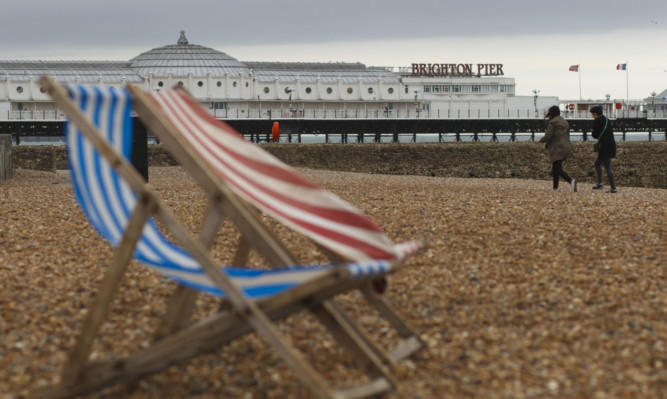The Met Office is to hold an emergency meeting of experts to discuss the increasingly unusual weather in the UK, it has been reported.
It follows the coldest spring in more than 50 years, as well as droughts and floods in 2012 and the freezing winter of 2010.
Climate scientists and meteorologists will travel to the forecaster’s headquarters in Exeter on Tuesday for the unprecedented meeting, the Guardian said.
Attendees are expected to debate whether the changing weather pattern in the UK, and in northern Europe, is because of climate change or simply variable weather.
A Met Office spokesman said: “We have seen a run of unusual seasons in the UK and northern Europe, such as the cold winter of 2010, last year’s wet weather and the cold spring this year.
“This may be nothing more than a run of natural variability, but there may be other factors impacting our weather … there is emerging research which suggests there is a link between declining Arctic sea ice and European climate but exactly how this process might work and how important it may be among a host of other factors remains unclear.”
Experts will identify what further research is needed and discuss whether climate models need to be revised to take into account any recent changes to weather patterns
It comes after the National Farmers Union reported that wheat harvests are likely to be around 30% lower than last year as a result of the extreme weather.
Earlier this month the Met Office said below average temperatures throughout March, April and May made it the fifth coldest spring in national records dating back to 1910 and the coldest spring since 1962.
March was “exceptionally” cold, averaging 2.2C.
